In honor of Mother’s Day, I’d like to tell you a poignant story about a mother in deep, deep distress.
A few years back, I was a school nurse and visited Poland on a school trip with my daughter’s class. We visited tragic and historic Auschwitz and Birkenau camps, the expansive Wileiczka Salt Mine and beautiful Krakow. The most memorable moment for me, however, was inside Żydowskie Muzeum Galicja, the Jewish Museum of Krakow.
This is where I got to hear the story of this woman.
She is a holocaust survivor. Although I can’t remember her name (let’s call her Dorothy), and although her lecture was cut short when we abruptly bolted to catch our bus, I do remember crying. And taking these pictures so I could remember her forever.
She sat in front of the class and spoke through an interpreter, unimpassioned. I’m sure she’d shared her story a million times before. She’s not the mother I want to memorialize, but rather, her nameless and faceless mother.
Dorothy’s family was sent to Birkenau not because they were Jewish, but because they were part of the Polish Resistance Movement. Her parents were young and healthy. She arrived at Birkenau in a train car such as this one which stands on the original train tracks today.
It was in this exact place where she remembers being held by her parents for the last time. At four or five years old, she was torn from her mother’s arms and taken to the bunker house for children. We had stood in that same bunker the day before, listening to our tour guide. Like lambs with no shepherd, these children were lost. She recalls the strange behaviors of children, such as rocking back and forth and savage fights over food. Dorothy admits that she herself became more animal than human. In the absence of physical and emotional nourishment, the children’s quarters became barbaric.
We asked how these children survived. How had she survived?
She answered, after a pause, that she couldn’t remember her mother’s face. But she remembers her hands. Her mother was young and strong, so she was selected to be part of the working force who were allowed to leave to the camp to do manual labor in the area. Locals would leave a small piece of bread, an apple, or perhaps a cooked potato under a tree or bush for those in the camp to grab and hide as they walked by. Dorothy’s mother would take the food and save it for her daughter. In the dark of night, she’d risk her life to crawl across the sprawling camp to the Children’s Bunker. She’d pass a small bit of food through the window to Dorothy. That’s why she can only remember her hands.
She admitted that, at the time, intense hunger drove her to crave only the food. Not the mother. As an adult, she appreciates the great love and risk her mother endured to care for her lost daughter. Her focus was only on the hands which brought nutrition, not the eyes, nose, mouth or heart of the person who brought her into the world.
She explained another source of life inside the Children’s Bunker. I sat frozen and teary-eyed in the museum as the lecturer painted a vivid picture of pregnant mothers who were also placed with the young children who had been separated from their parents. The pregnant women mothers would be taken from the bunker once in labor and return without any baby. The strong hormones of motherhood would cause these women to nurture the children in that loveless place, even feeding the small children from engorged breasts. This nourishment saved lives. Not just the colostrum, but also the human contact.
As a mother myself, the thought of being separated from my son or daughter in that place was unimaginable. In fact, the first time I visited Krakow I was 8 months pregnant and refused to visit Auschwitz or Birkenau. I didn’t want my unborn child to come close to that hellish place.
Dorothy’s mother didn’t survive her years in the camp. After World War 2 ended, Dorothy was adopted by a Polish family and lived a good live.
But she never forgot the powerful, nurturing women of her early years in the Children’s Bunker.
Cheers to all the mothers I know and love.
Motherhood is a powerful force in the world. I know my mother was!
Happy Mother’s Day!
A Mother’s Love
Author unknown
There’s no love like a mother’s,
Her heart is filled with care.
With Christ as her example,
Her Savior’s love she’ll share.
A mother’s love is endless,
Not changing for all time.
When needed by her children,
A mother’s love will shine.
God bless these special mothers,
God bless them every one.
For all their tears and heartaches,
And special work they’ve done.
When days on earth are over,
A mother’s love lives on,
Through many generations,
God’s blessings on each one.
Be thankful for our mothers,
Who love with higher love,
From power God has given,
And strength from up above.

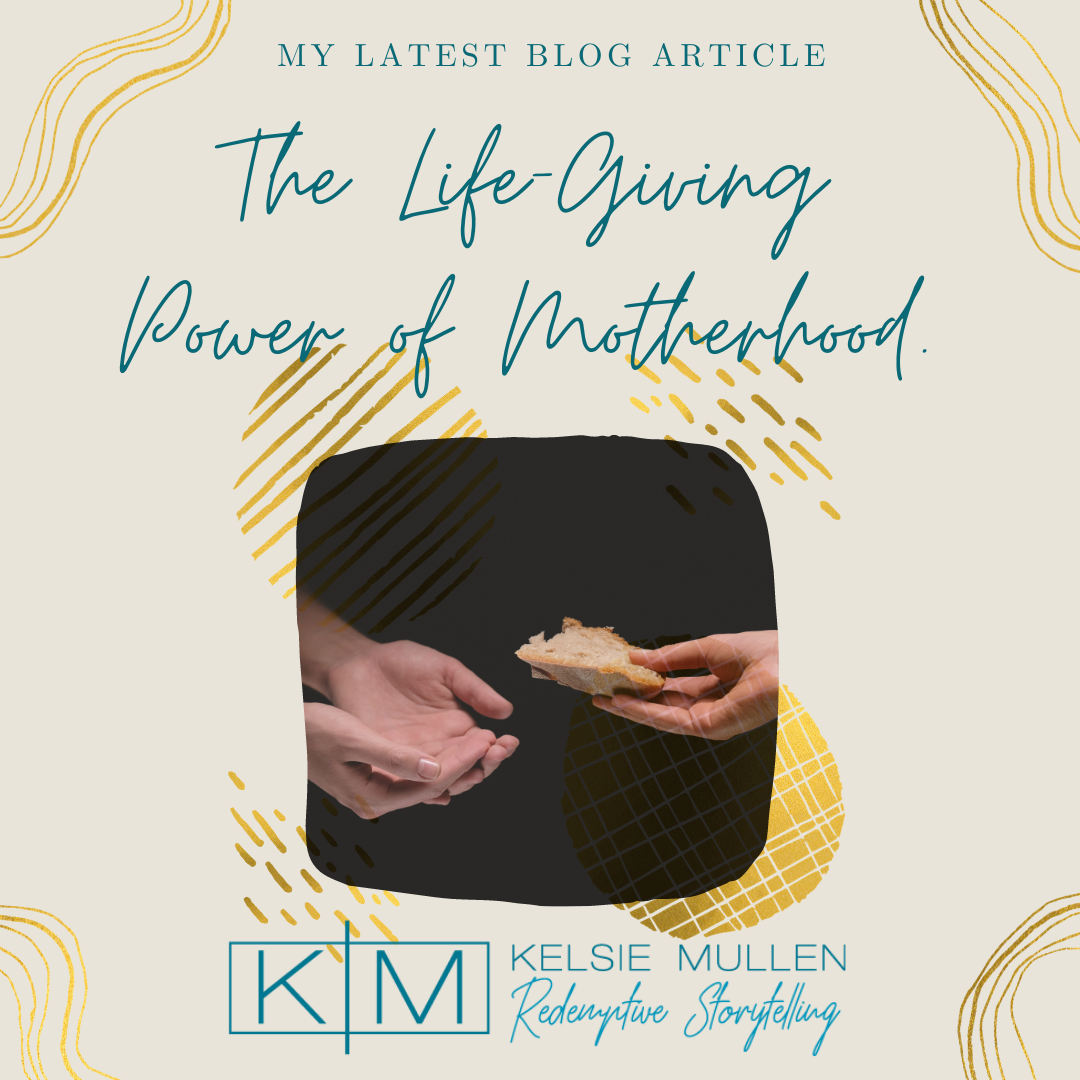
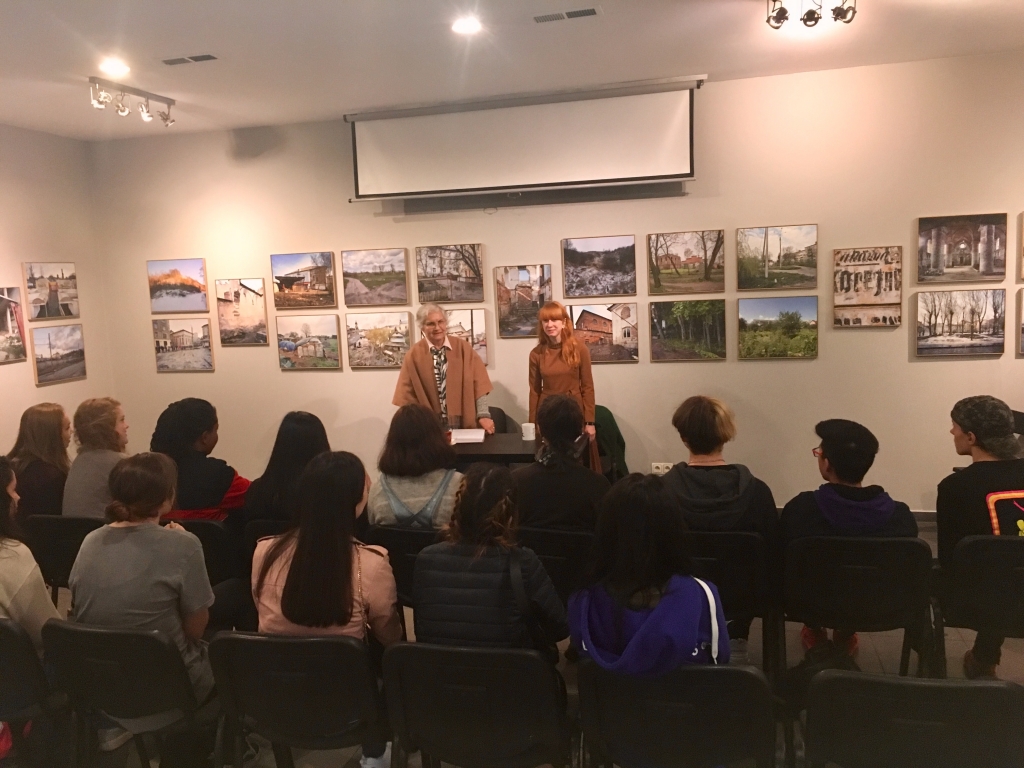
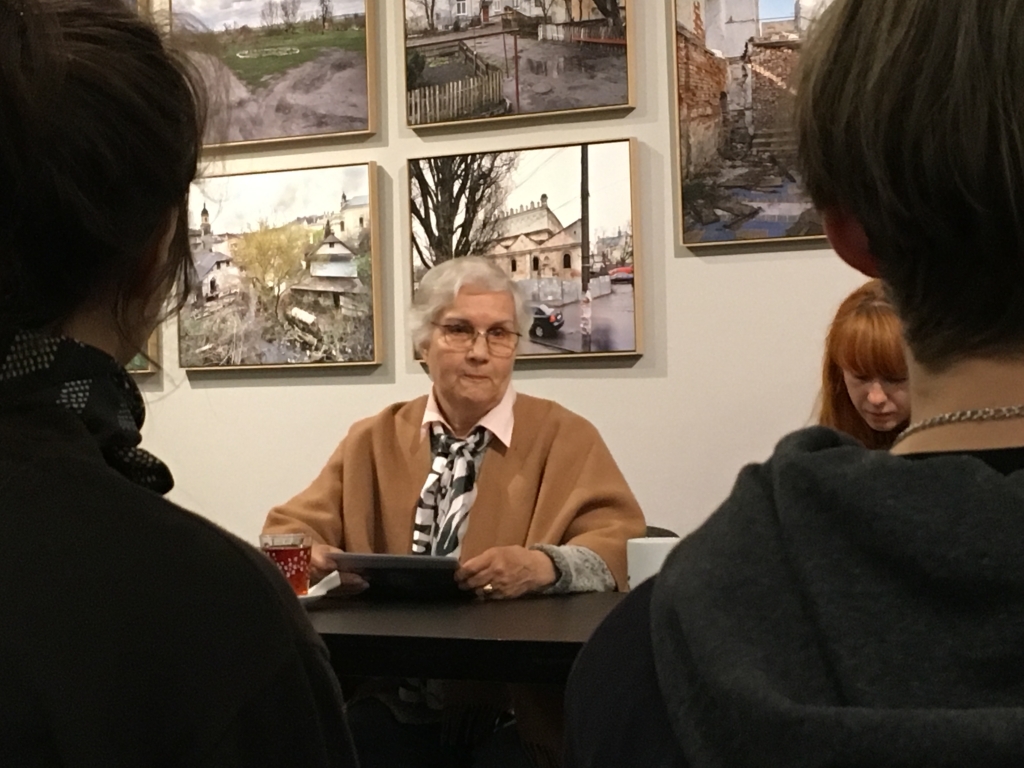
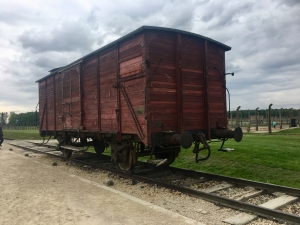
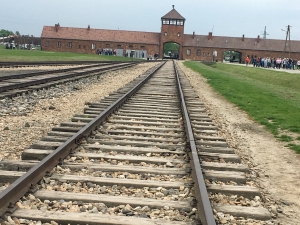
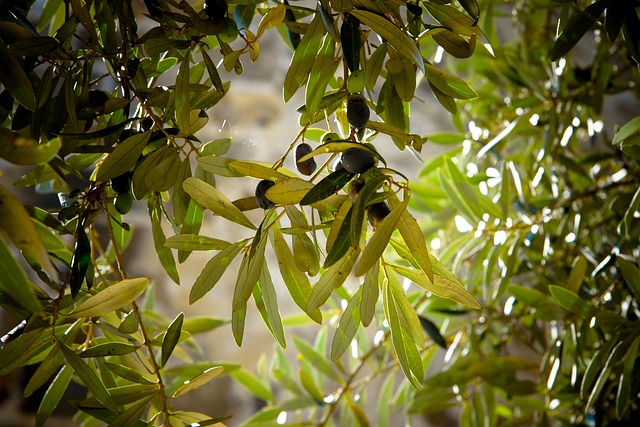
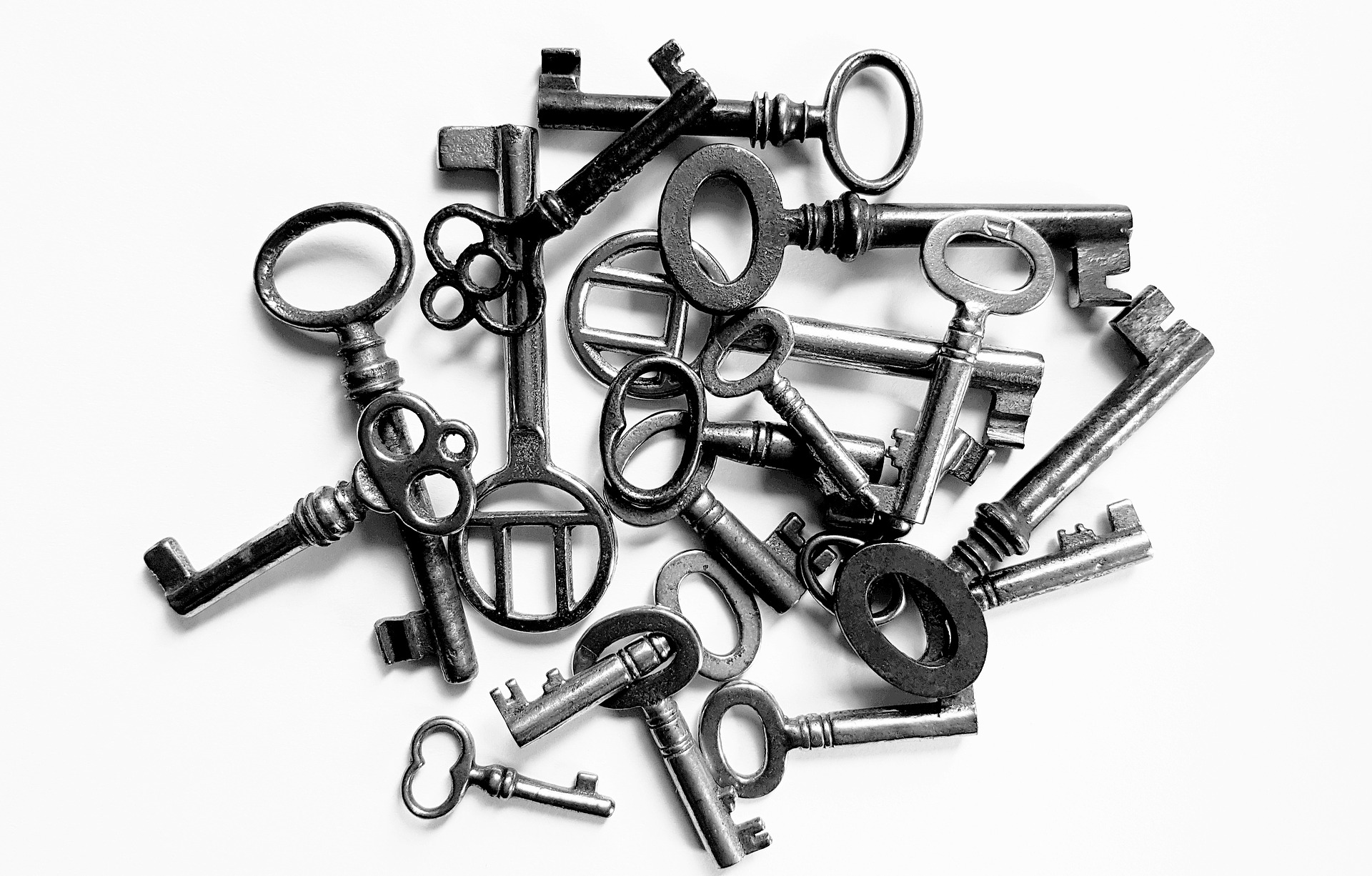
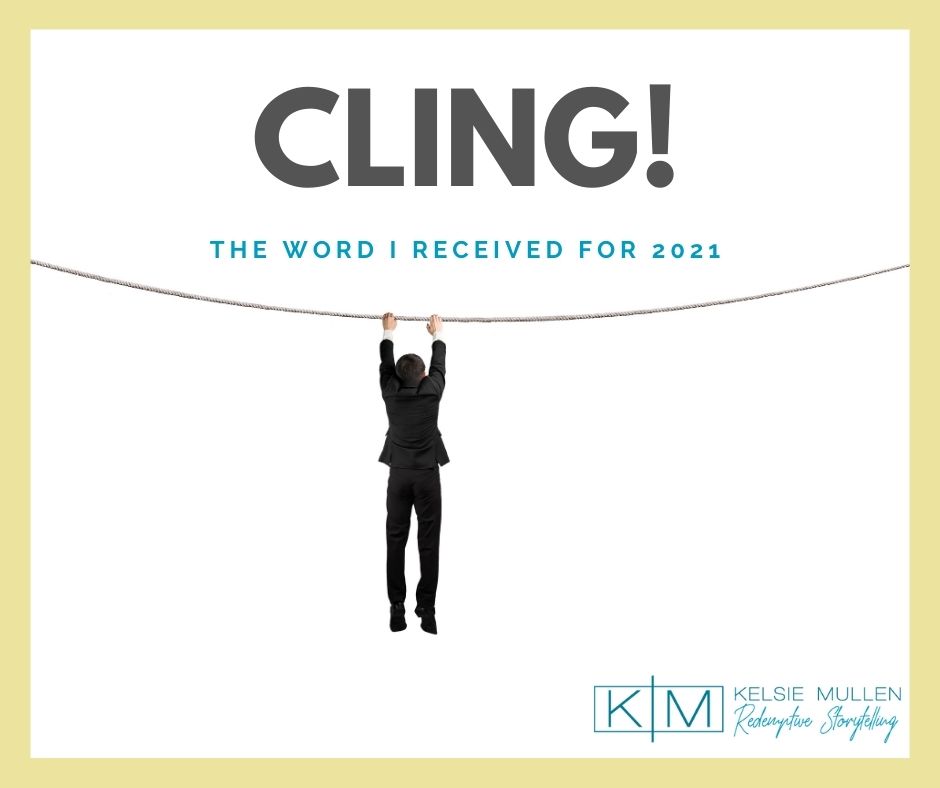


Leave A Comment